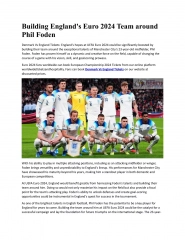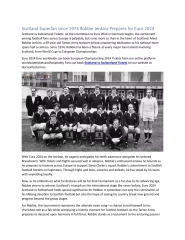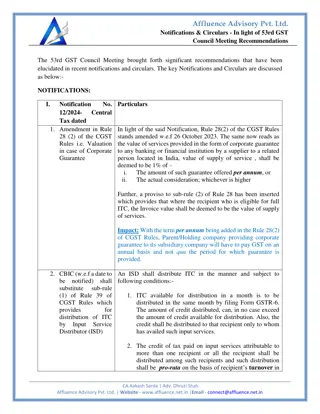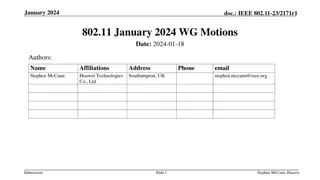
Future Trends and Skills for Engineers: AI, Sustainability, and Emerging Technologies
Explore the technological developments shaping the role of engineers in the next 5-10 years, including AI, sustainability, additive manufacturing, and more. Discover the engineering roles set to become crucial, such as systems integration, cybersecurity, and roles related to sustainability. Uncover the skills gaps emerging in the field, from machine learning to precision engineering. Get insights into the future of sustainability and the industry's short-term priorities.
Uploaded on | 0 Views
Download Presentation

Please find below an Image/Link to download the presentation.
The content on the website is provided AS IS for your information and personal use only. It may not be sold, licensed, or shared on other websites without obtaining consent from the author. If you encounter any issues during the download, it is possible that the publisher has removed the file from their server.
You are allowed to download the files provided on this website for personal or commercial use, subject to the condition that they are used lawfully. All files are the property of their respective owners.
The content on the website is provided AS IS for your information and personal use only. It may not be sold, licensed, or shared on other websites without obtaining consent from the author.
E N D
Presentation Transcript
FUTURE SKILLS FOR ENGINEERS
What technological developments will change the role of an engineer in the next 5 10 years? Artificial intelligence Expansion of available information (accurate or otherwise) On-shoring Sustainability CCUS need for multi-discipline thinking Battery sustainability Data Science & Analytics Net Zero Cloud Optimization Digital twins Hydrogen Additive manufacturing Energy Systems Cobotics Robotics IoT Bioprinting Mechatronics Autonomous Control Tissue Engineering Lab on a chip AR/VR/MR/XR 2
Which engineering roles will become more important in the future? Roles that bridge the gap between traditional engineering roles and the new AI-centred roles Systems Integration Process engineers and mechanical engineers to develop/use digital twins Cyber Security Maintenance Engineering (Bio)medical Engineering Licensing Engineering (CAT A & B) NDT, QA/QC, HSSE Additive manufacturing engineers Roles related to sustainability, LCA, green technologies Nuclear Professionals Electric Vehicle roles 3
Which engineering roles will become less important in the future? (replaced by AI) (replaced by emerging technology) Analog Program / project management Conventional Combustion roles Traditional Data gathering & Analysis Traditional manufacturing 4
What skills gaps do you see emerging? (5 10 years) Machine Learning Electronics IT skills that enable correct use of AI Precision Engineering Software Customization & Development basic skills that all engineers need: o Creativity o Resilience o Collaborative working o Effective Communication o Project Management o Professional practices o Specific technical skills Energy Systems Hydrogen (Green, Blue, Gery etc. ) & Gas Utilization 5
What are the sustainability priorities in your industry in the short term (<5 yrs) Use less energy Reduction of waste Sustainable fuels Reuse of materials Waste Management (Battery, Metals, Plastics etc.) Energy Security Biosourced materials Re-engineering of polymers Reduction of environmental impact Entrepreneurship Useful to Societies & Communities 7
What are the sustainability priorities in your industry in the longer term (>5 yrs) Alternatives to Plastics & Corrosive Elements Energy Access Waste-to-Wealth Energy Transition Decomissioning Waste-to-Energy 8
Skills needed for sustainability Understanding of life cycle analysis Understanding environmental data Technical skills associated with new sustainable technologies CCS New green fuels The move to electric mobility 9






















